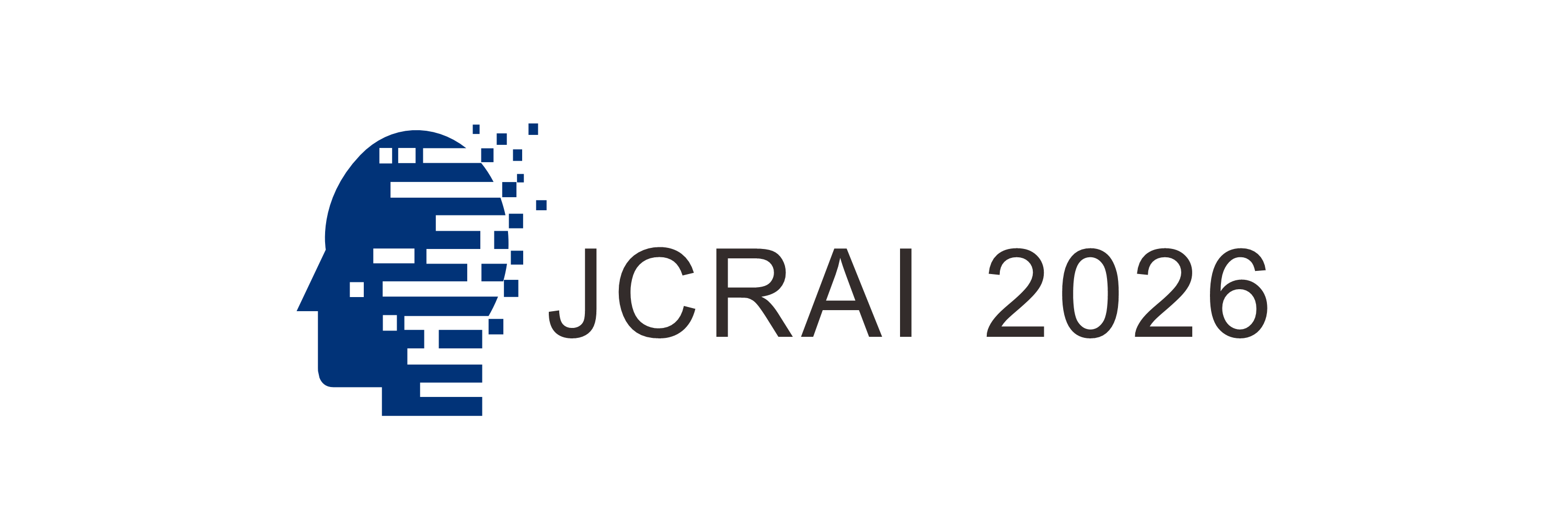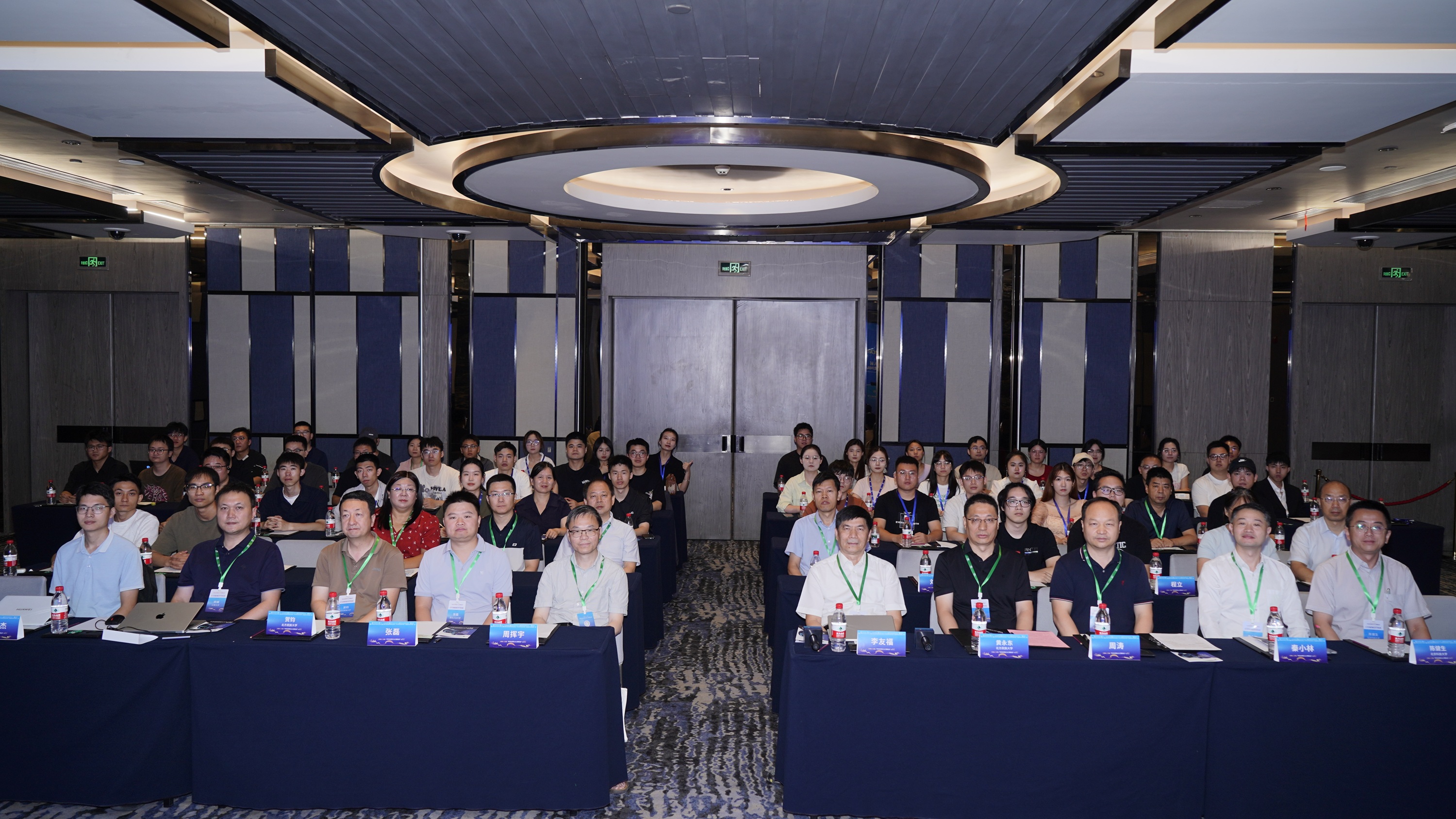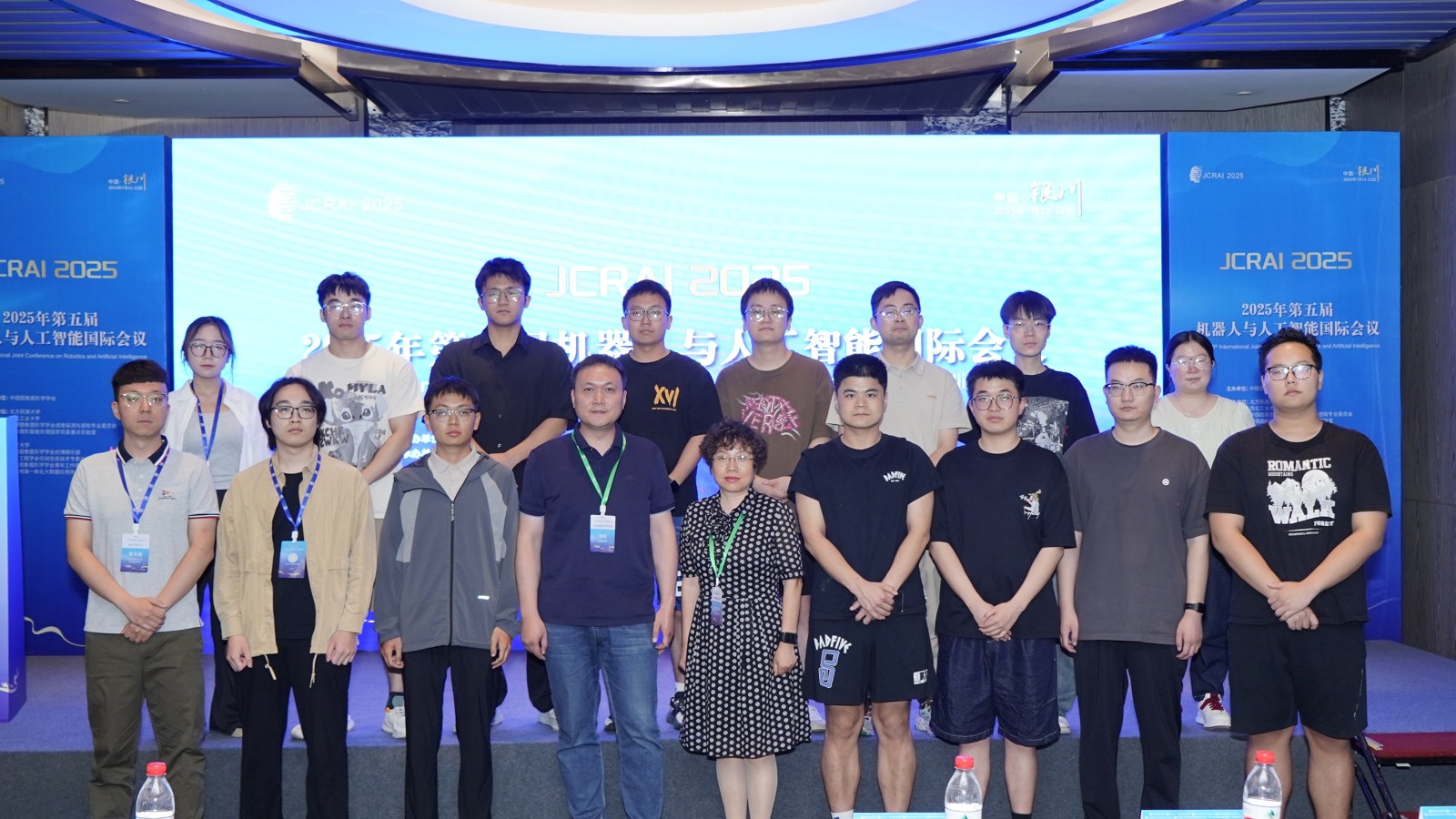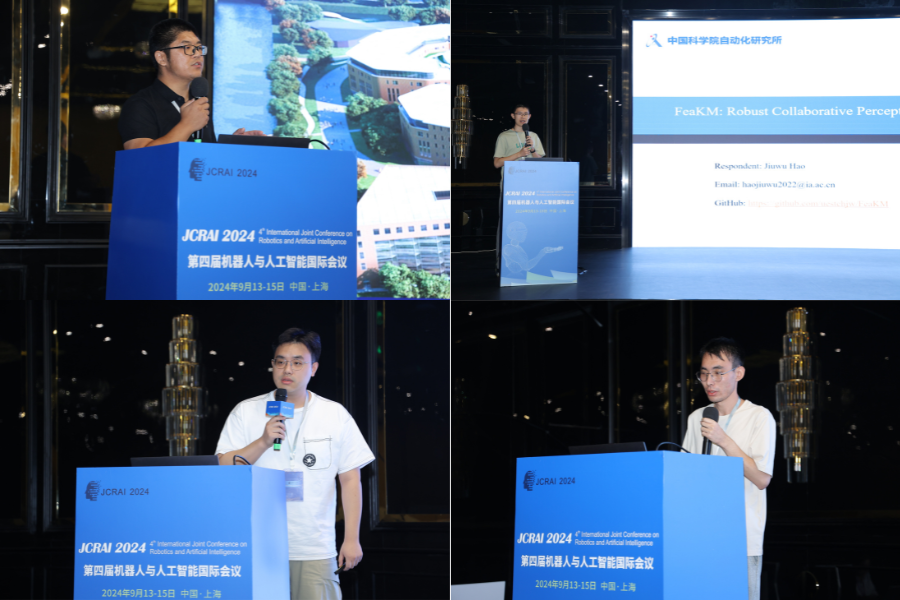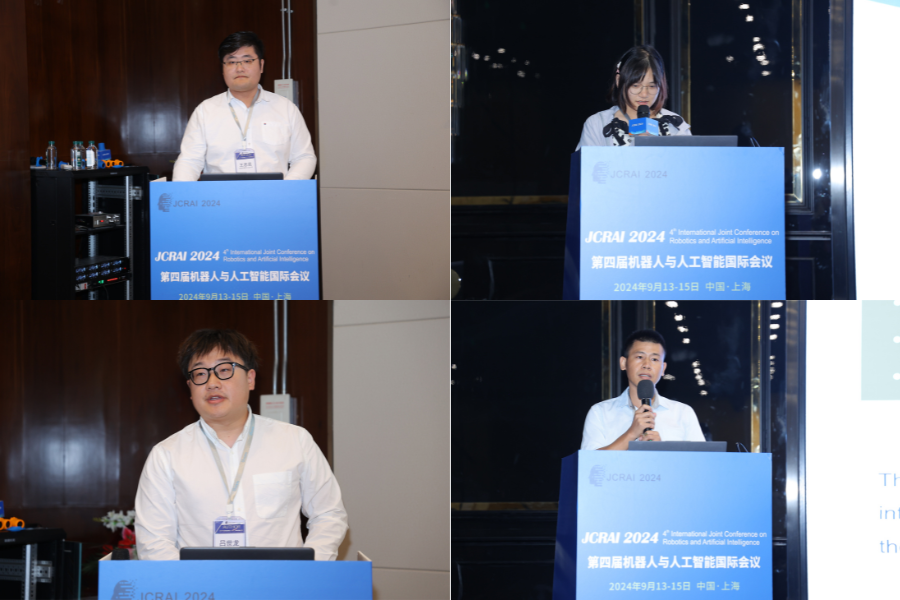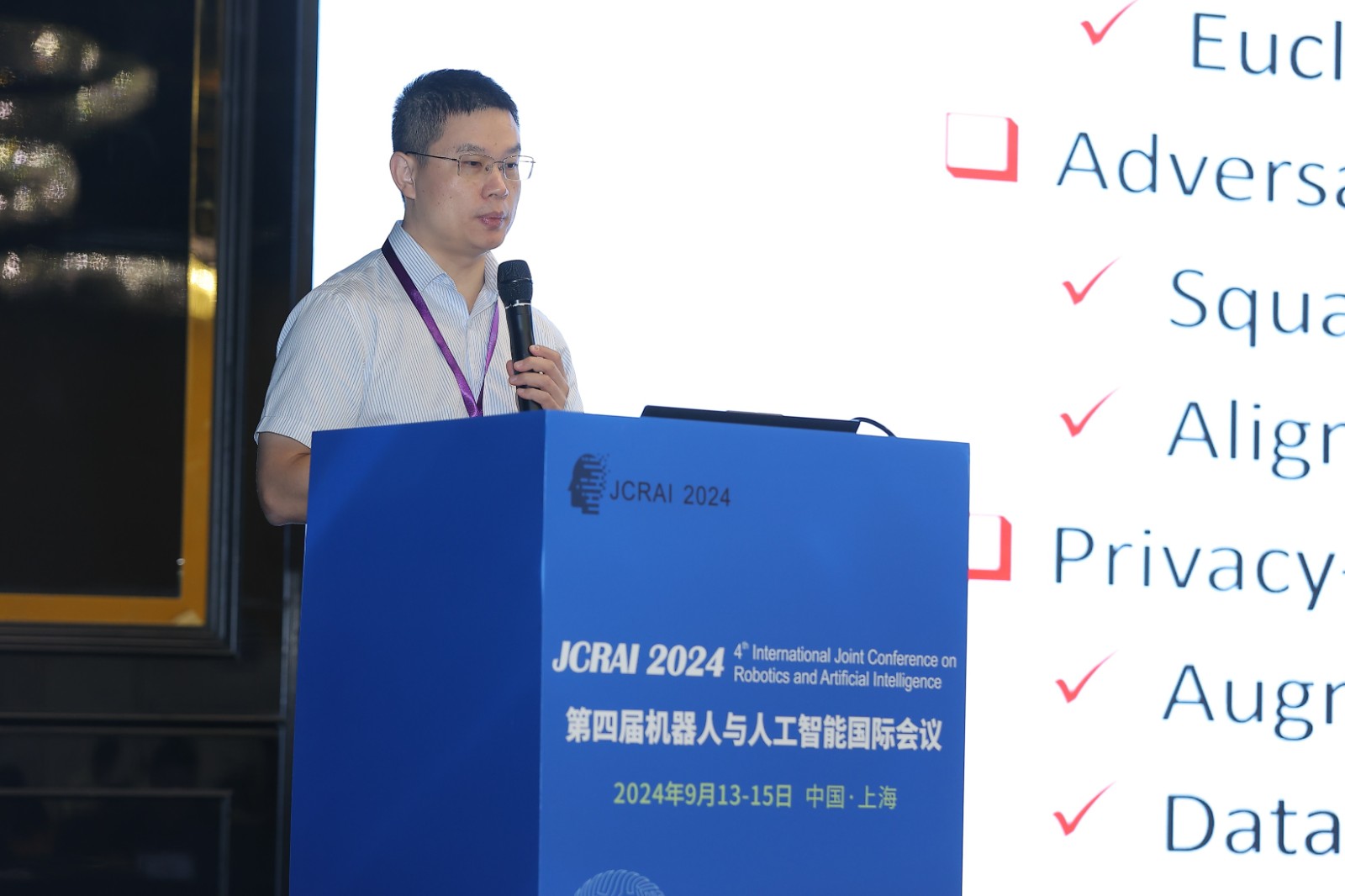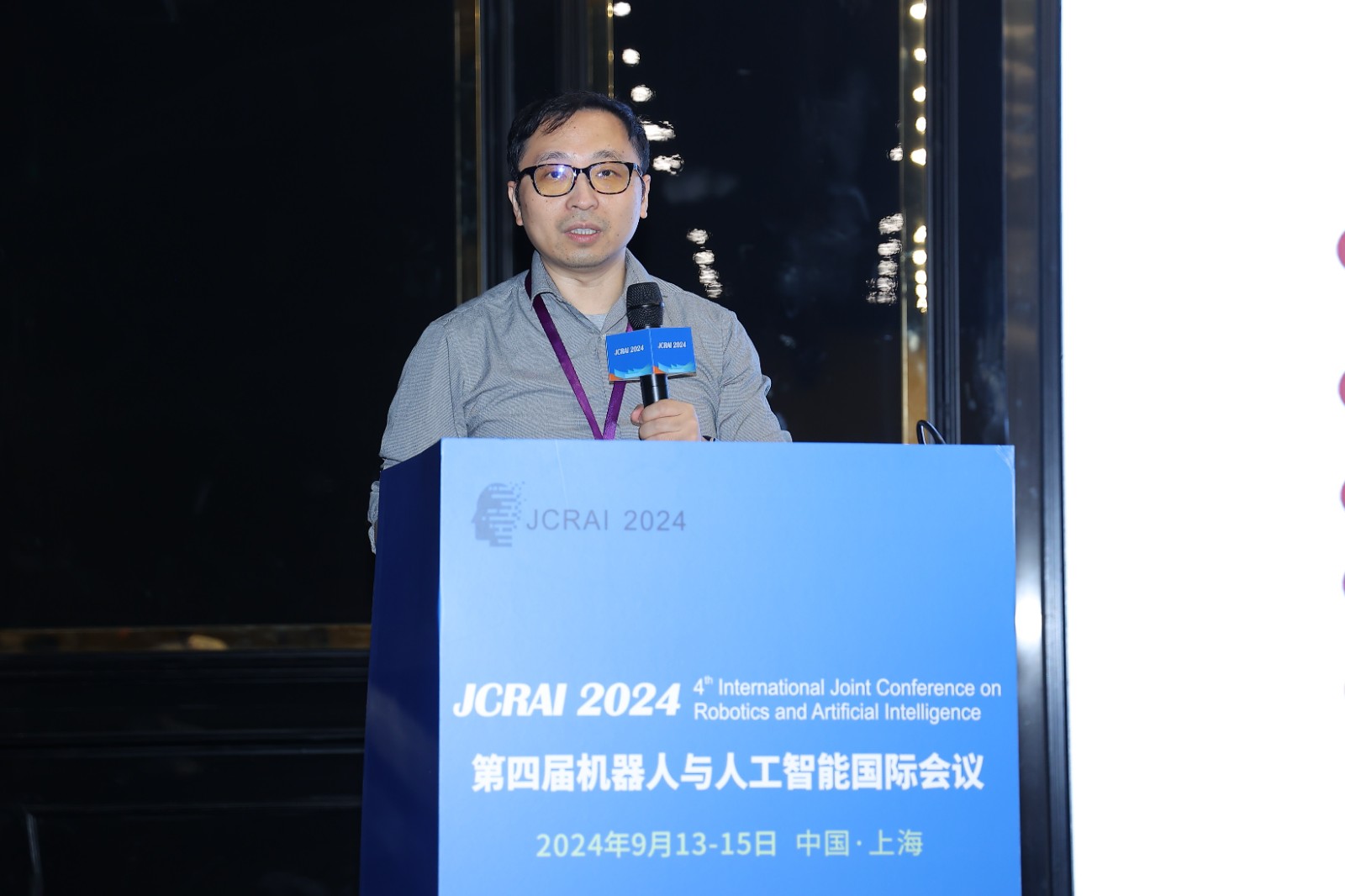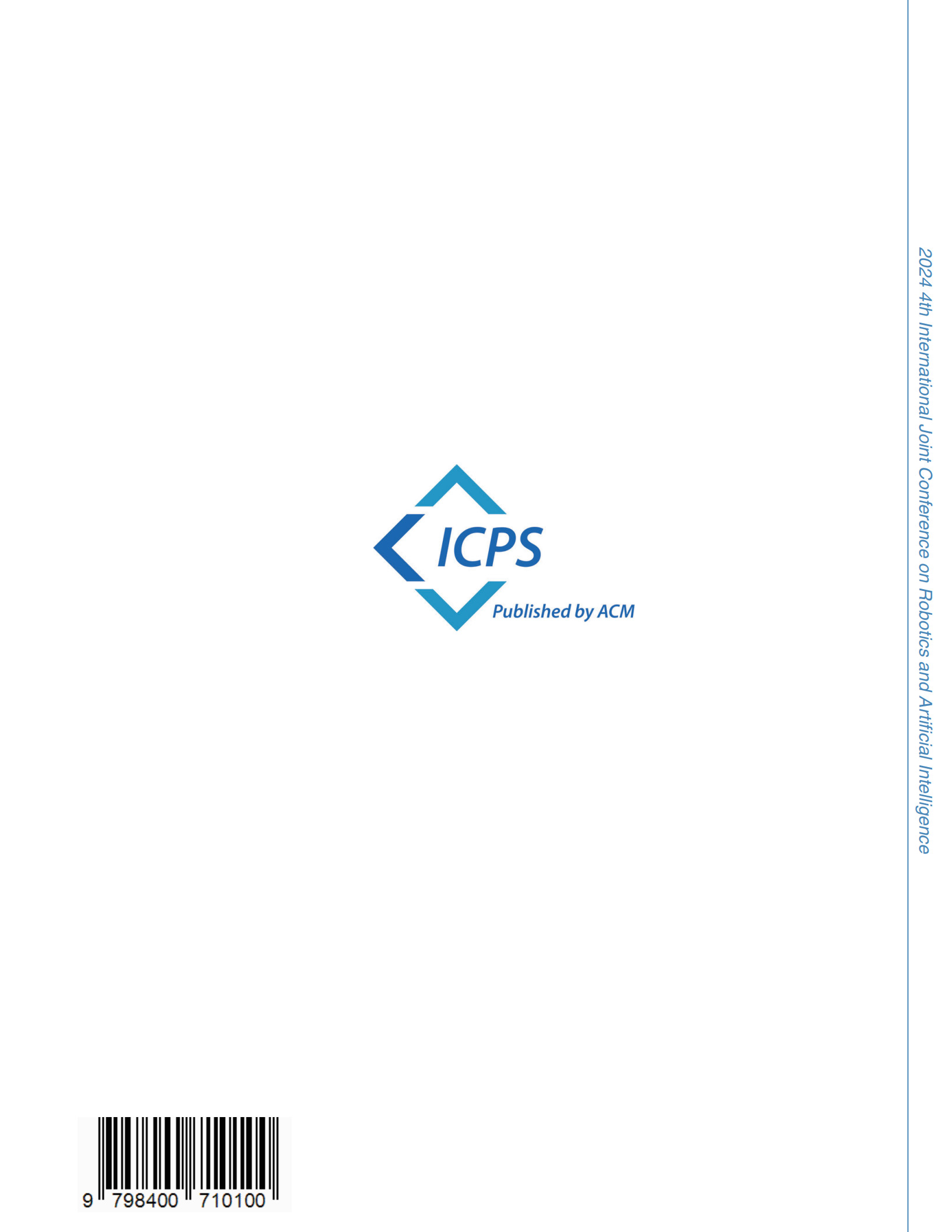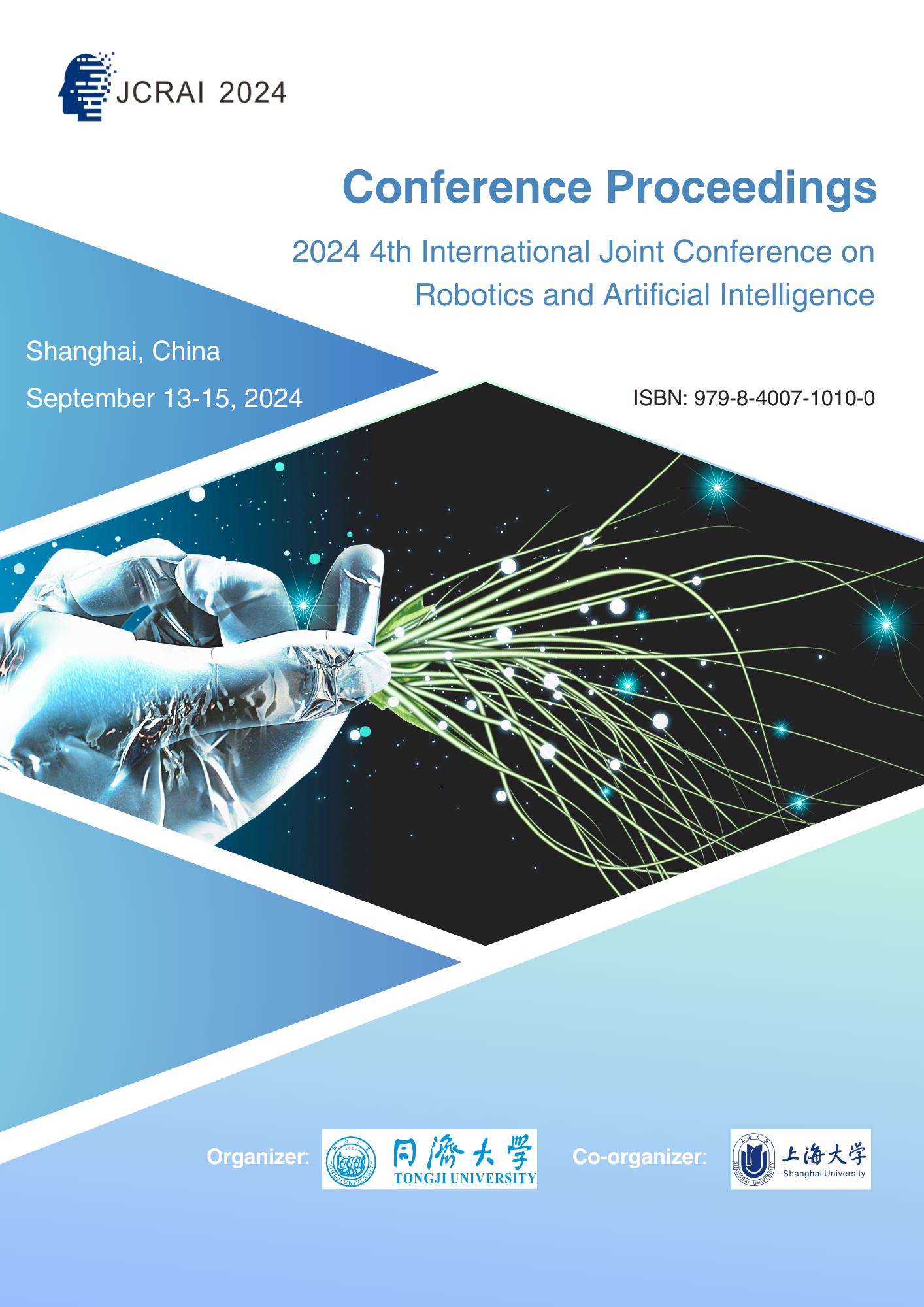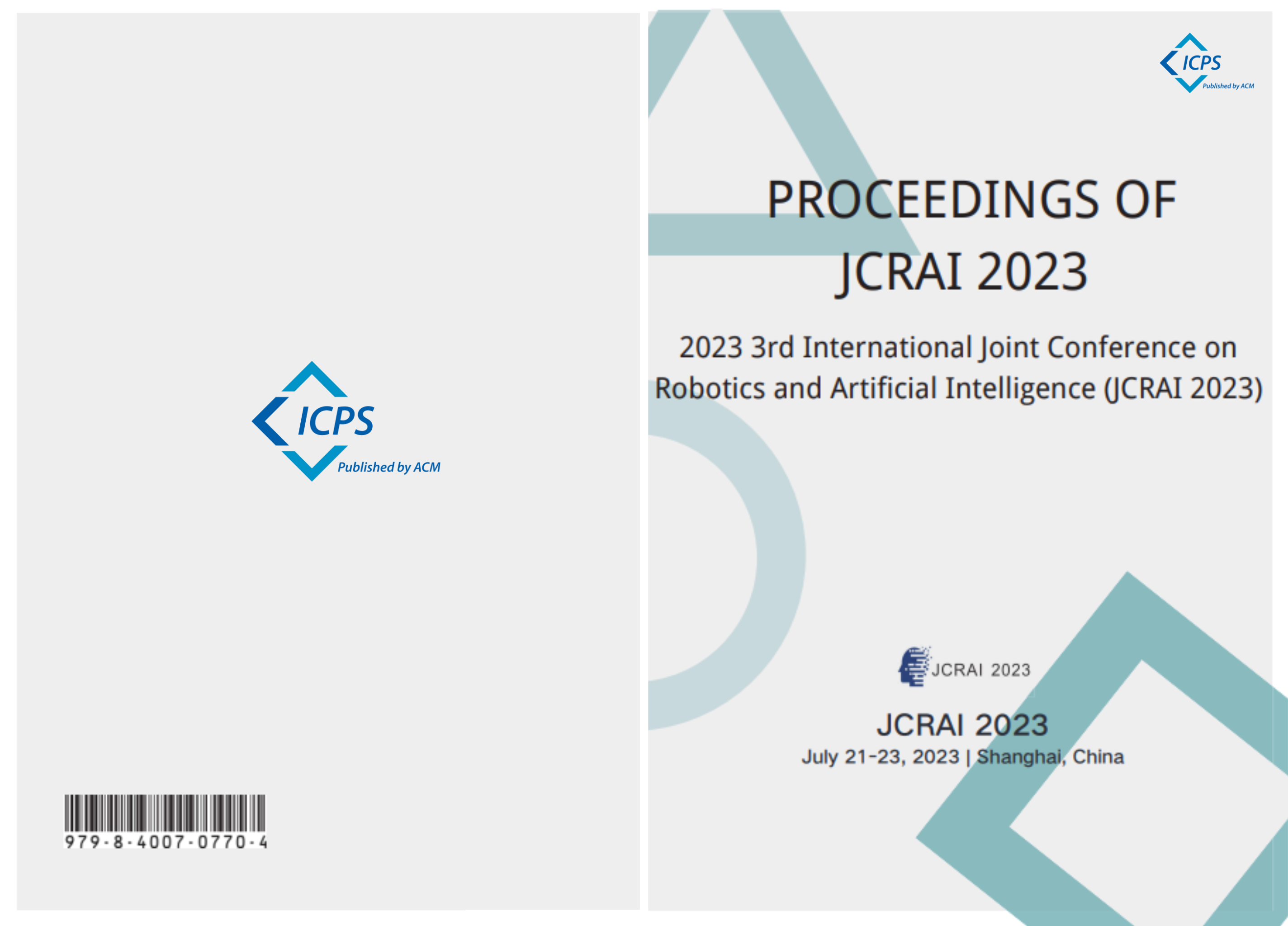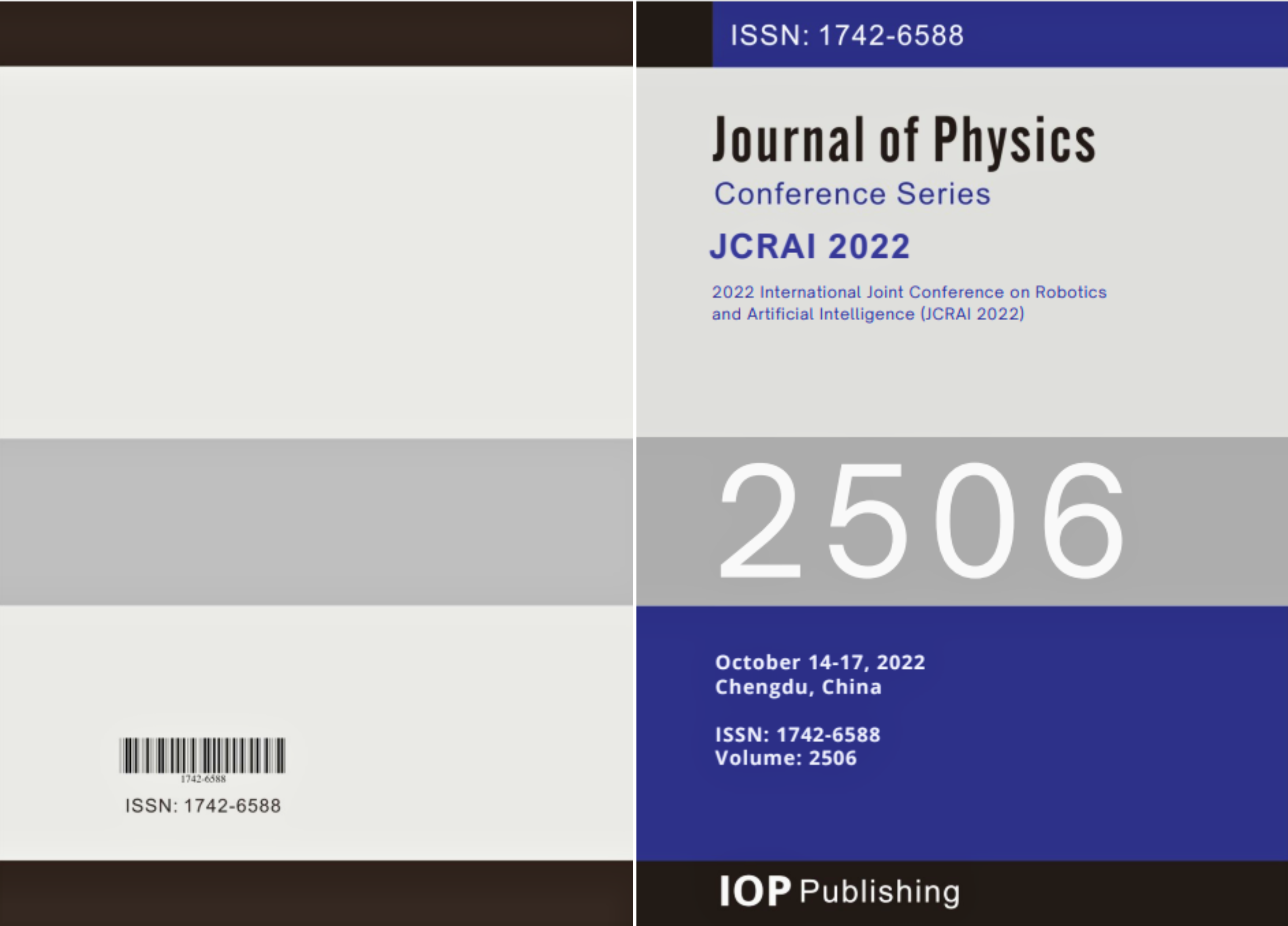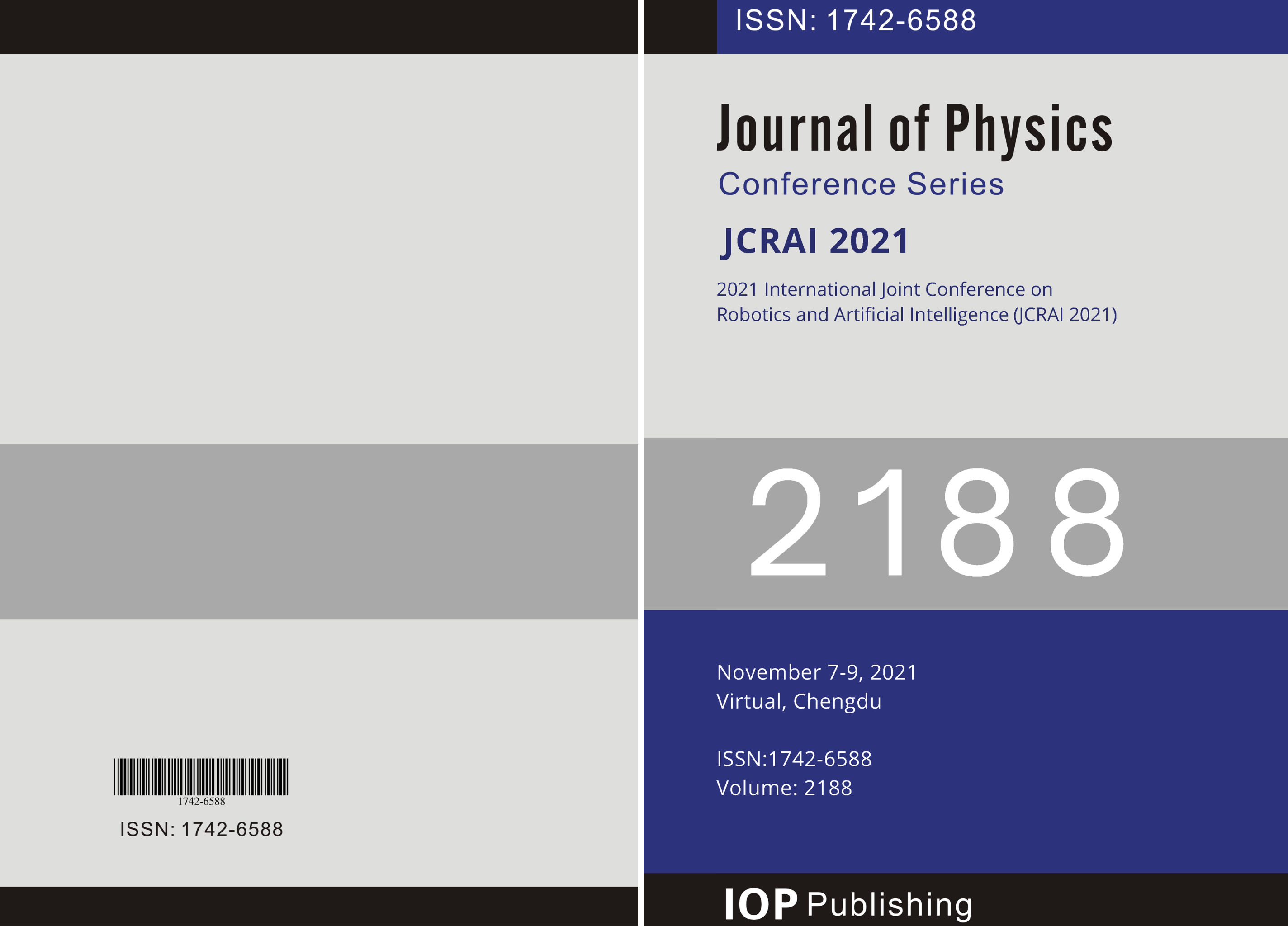Beijing, China | JCRAI 2026
We invite you to join the 2026 6th International Joint Conference on Robotics and Artificial Intelligence (JCRAI 2026), which will take place in Beijing, China during November 6-8, 2026. This conference is a forum for researchers, scientists, engineers and industry professionals to share the latest advances in the field of Robotics and Artificial Intelligence.
Attending this conference is an ideal way to stay up-to-date with the latest developments in this rapidly evolving field. Leading experts from around the world will be presenting their latest research and valuable experiences through superb speeches, presentations, and intellectual dialogues. We look forward to seeing you in Beijing for JCRAI 2026!
Conference Organizers of JCRAI 2026
News | 会议新闻
![]() 【2025.7.14】JCRAI 2025 has been successfully held in Yinchuan, China during July 11-13, 2025.
【2025.7.14】JCRAI 2025 has been successfully held in Yinchuan, China during July 11-13, 2025.
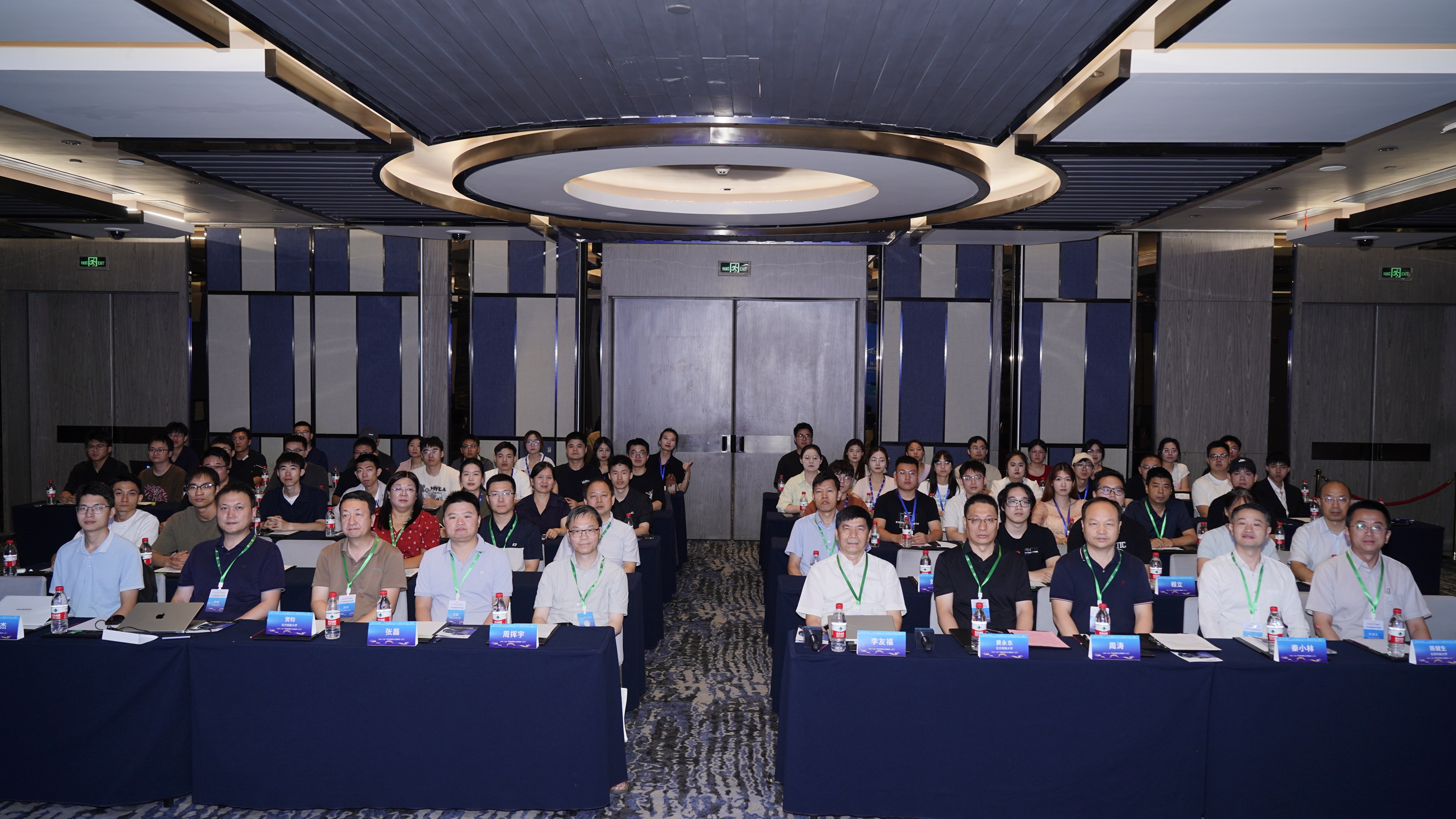
![]() 【2025.3.18】The conference proceedings of JCRAI 2024 have been published by ACM ICPS and indexed by Ei Compendex and Scopus.
【2025.3.18】The conference proceedings of JCRAI 2024 have been published by ACM ICPS and indexed by Ei Compendex and Scopus.
![]() 【2025.3.1】We are glad to have Prof. Lei Zhang from Northwestern Polytechnical University, China to give us a keynote speech.
【2025.3.1】We are glad to have Prof. Lei Zhang from Northwestern Polytechnical University, China to give us a keynote speech.
Important Dates | 重要日期
First Round
Abstract Submission Due: May 22, 2026
Full Paper Submission Due: June 5, 2026
Author Notification: July 5, 2026
Registration Due: August 5, 2026
Camera-ready Submission Due: August 20, 2026
Main Conference: November 6-8, 2026
Publication | 论文出版
Registered and presented full papers will be included in the JCRAI 2026 digital conference proceedings and submitted to major citation databases (including, but not limited to Ei Compendex and Scopus) for review and indexing.


Submission | 投稿指南
We are pleased to accept original and unpublished paper submissions from professors, doctors, PhD. students, teachers, engineers, industry researchers, and other academic experts for JCRAI 2026. Please note that submitted papers must not have been previously published or accepted for publication elsewhere.
-
If you are planning to submit a full paper, there is no need to submit an abstract beforehand. You may submit the full paper directly once it is completed.
-
To ensure that your paper meets the conference standards, please make sure to use the conference templates.
Please submit your paper or abstract through the online submission system. (Please try to use Google Chrome if you encounter any issues during your submission or registration process. You may also contact us at 028-85575979 for any assistance.)

Special Session | 专题分会
Special session will be updated soon.
Previous Speakers | 历届主讲嘉宾
 |
 |
 |
 |
|||
|
Prof. Youfu Li City University of Hong Kong, China IEEE Fellow |
Prof. Huiyu Zhou University of Leicester, United Kingdom |
Prof. Lei Zhang Northwestern Polytechnical University, China |
Prof. Tao Zhou North Minzu University, China |
|||
 |
 |
 |
 |
|||
|
Prof. Fuchun Sun Tsinghua University, China IEEE Fellow, CAAI Fellow and CAA Fellow |
Prof. Li Zhang The Chinese University of Hong Kong, China IEEE Fellow
|
Prof. Dongrui Wu Huazhong University of Science and Technology, China IEEE Fellow |
Assoc. Prof. Haoyong Yu National University of Singapore, Singapore
|
Publication History | 出版历史
|
|
|
|
|
|
JCRAI 2024 (ISBN: 979-8-4007-1010-0) Ei Compendex and Scopus |
JCRAI 2023 (ISBN: 979-8-4007-0770-4) Ei Compendex and Scopus |
JCRAI 2022 Ei Compendex and Scopus |
JCRAI 2021 Ei Compendex and Scopus |
